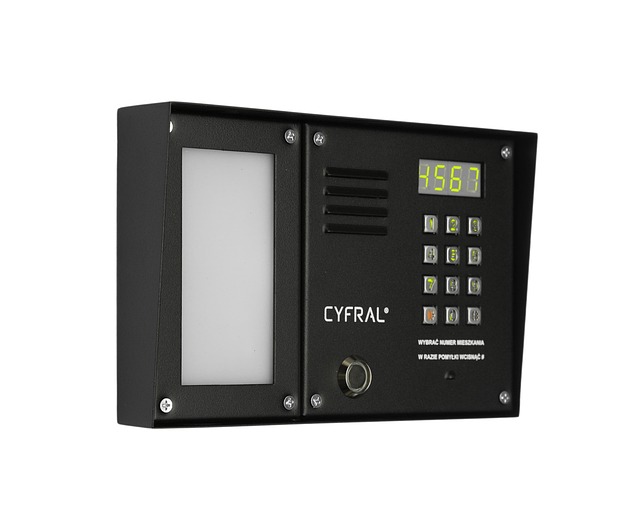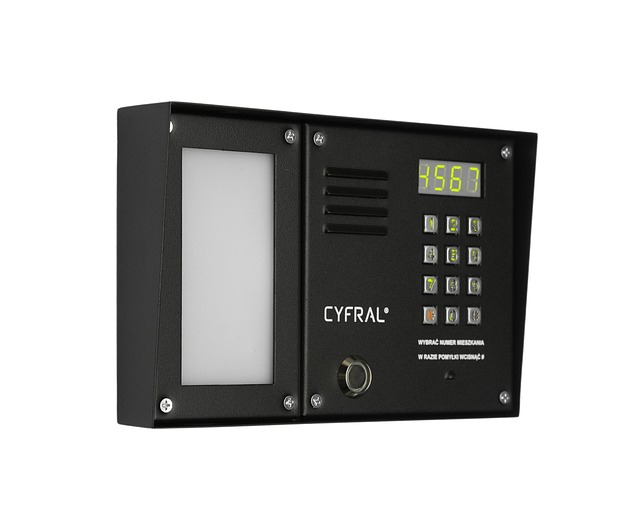Real estate owners can increase occupancy rates and investor returns by offering lease renewal incentives like rent discounts or flexible terms to tenants, fostering long-term relationships and security. Effective strategies include extended lease durations, market-tied renewal rates, performance-based concessions, and tailored offers based on tenant needs. In a competitive market, these incentives have proven successful in boosting tenant retention and revenue, as demonstrated by case studies from diverse regions, leading to satisfied tenants and prosperous business outcomes in both mid-sized cities and luxury apartment complexes.
In the dynamic landscape of real estate, lease renewal incentives can be a powerful tool for both landlords and tenants. Offering strategic benefits at the end of a lease term not only secures long-term occupancy but also fosters strong tenant relationships. This article explores the multifaceted advantages of lease renewal incentives, delves into effective implementation strategies, and presents compelling case studies from the real estate sector. By understanding these incentives, property owners can enhance their rental portfolios while tenants benefit from improved living conditions.
Understanding Lease Renewal Incentives: Benefits for Real Estate Owners and Tenants

Real estate owners often face a continuous challenge: retaining tenants and ensuring they renew their leases. Lease renewal incentives offer a strategic solution to this dilemma, providing benefits for both real estate owners and tenants. These incentives can be in various forms, such as rent discounts, free amenities, or improved terms, designed to motivate tenants to extend their stay.
For real estate owners, offering lease renewal incentives is a powerful tool to maintain occupancy rates and maximize returns on investment. It fosters a positive relationship with tenants, encouraging long-term commitments. Tenants, on the other hand, benefit from security and potentially lower living costs over an extended period, creating a win-win scenario in the real estate market.
Strategies to Implement Effective Lease Renewal Incentives

Implementing effective lease renewal incentives requires a strategic approach that caters to both tenant needs and real estate goals. One key strategy is offering flexible terms, such as extended lease durations or options to renew at increased rates tied to market fluctuations. This provides tenants with stability while allowing landlords to maintain control over their properties.
Additionally, leveraging performance-based incentives like rent concessions for early renewal or bonus payments for long-term commitments can be powerful motivators. Tailoring these incentives to individual tenant profiles and property characteristics demonstrates a deep understanding of the real estate market, fostering strong relationships and encouraging timely lease renewals.
Case Studies: Successful Lease Renewal Incentive Programs in Real Estate

In the competitive real estate market, lease renewal incentives have proven to be a powerful tool for property managers and landlords. Case studies from various regions highlight successful programs that have led to higher tenant retention rates and increased revenue. For instance, a mid-sized city introduced a flexible lease renewal program offering reduced rent for tenants willing to sign multi-year commitments. This initiative not only secured long-term tenancies but also provided stability for both the property owners and residents.
Another noteworthy example is a luxury apartment complex that implemented a referral bonus system. By encouraging existing tenants to refer new occupants, they successfully filled vacancies quickly and fostered a sense of community within the building. These real estate case studies demonstrate that innovative incentive programs can create win-win situations, ensuring satisfied tenants and prosperous business outcomes for real estate professionals.






